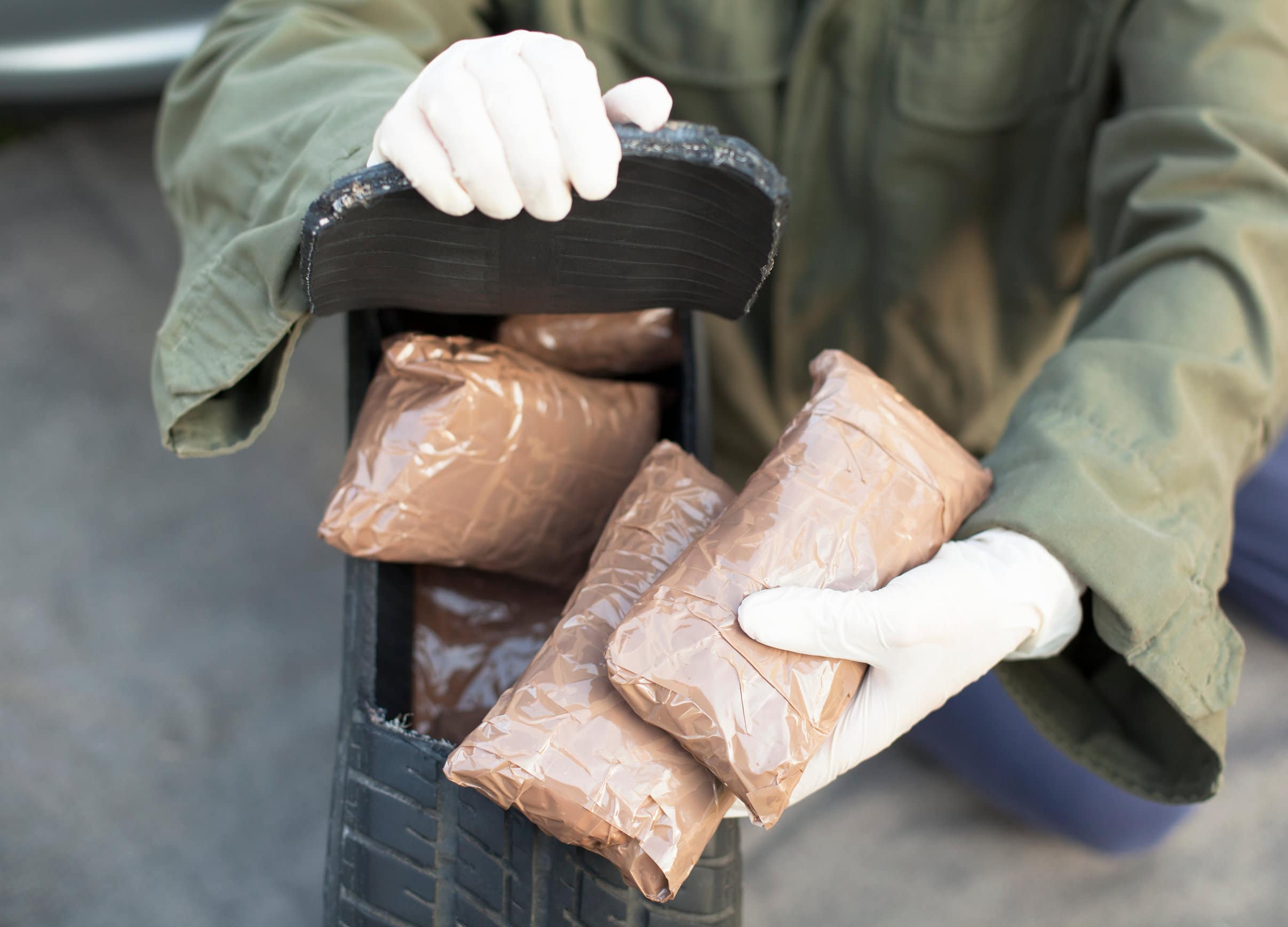What Are Aggravating Factors in a MN Drug Crimes Case?

Andrew & Poole, P.A.
In Minnesota, drug charges can be quite serious. If you are accused of something such as criminal drug possession, it’s a crime that, if convicted, can impact you for the rest of your life.
What can make drug possession charges even worse is the presence of aggravating factors in the case. These types of factors can drive up the criminal penalties, especially if one or more is involved in the case.
If you are facing drug possession charges n Minnesota, then you need to understand the charges against you, including aggravating factors. Here is what the state considers to be aggravating factors and how they can impact the outcome of your case.
Drug Possession in Minnesota
First-degree drug possession charges are the most serious possession charges that can be faced in the state. This charge generally stems from possessing hallucinogens, methamphetamine, cocaine, or some other type of serious drug in large amounts. When aggravating factors are tacked on to a charge, then you may face significant prison time as well as hefty fines.
Aggravating Factors in Minnesota Drug Crimes
So, what types of factors are normally considered to be aggravating? Some of the most common aggravating factors involved in drugs crimes in Minnesota, especially first-degree drug crimes such as possession, include:
- The offense was committed for the benefit of a gang
- There were several acts of drug possession perpetrated in at least three separate counties in the state
- The circumstances of the drug offense lead law enforcement to believe that the person accused held a significant position in the drug scheme
- The person accused of possession did so in a drug treatment facility, school zone, correctional facility, or park
- There were at least three different transactions associated with the drug offense during which time the person accused actually sold or transferred the drug
- There was a large amount of controlled substance found in their possession
- A firearm was used in the commission of the crime
Aggravating factors, when included in the case, work to increase how severe the penalty of the crime will be. This isn’t a complete list, but it does give you some idea of the factors that can have a negative influence on a case.
Penalties in Minnesota
Drug possession crimes are serious on their own in the state, but if your case is identified as being one that is aggravated, then you can face penalties for aggravated drug crimes in the first degree. If there are two or more aggravating factors – or more than 100 grams of a controlled substance like cocaine or methamphetamine – then a person convicted can face up to 30 years in prison and fines of as much as $1 million.

Even if there are fewer aggravating factors and not as much of the controlled substance found, you can still be convicted of second-degree possession of a controlled substance. The penalty of this crime is up to 25 years in prison and fines of as much as $500,000. However, a second or subsequent offense of this same level can send you to prison for up to 40 years.
Drug crimes in Minnesota are serious and are even more serious if there are aggravating factors present in your case. That’s why you need an experienced attorney to help guide you through the process and help you develop a robust defense.
















